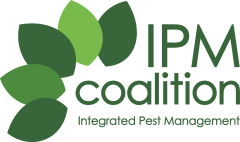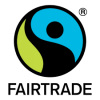Profile
Fairtrade changes the way trade works through better prices, decent working conditions and a fairer deal for farmers and workers in developing countries.
Fairtrade's approach enables farmers and workers to have more control over their lives and decide how to invest in their future.
As a leader in the global movement to make trade fair, Fairtrade supports and challenges businesses and governments and connects farmers and workers with the people who buy their products.
By choosing Fairtrade, people can create change through their everyday actions. A product with the FAIRTRADE Mark means producers and businesses have met internationally agreed standards which have been independently certified.
Farmers and workers have a strong voice at every level of Fairtrade, from how they invest in and run their local organizations to having an equal say in Fairtrade’s global decision-making.
Rationale
All agrochemicals, especially pesticides, can be potentially hazardous in some form or other to human and animal health as well as to the environment and therefore should be used only under caution. Fairtrade International recommends the use of other methods like proper choice of crops and varieties, suitable cultivation practices and biological material for pest, before a chemical pesticide is used for pest control.
The HazardousMaterials List (HML) is divided in three lists:
- The Red List is a ‘prohibited’ list and includes materials that must not be used on Fairtrade products.
- The Orange List is a ‘restricted’ List and includes materials that may beused under conditions specified in this document thus restricting their use. The use of materials in this list will be monitored by Fairtrade International. Operators should be aware that some of these materials are to be phased out by30 June2020 or by 30 June2022 as indicated in thelist. The other materials in the list may eventually be prohibited and are encouraged to abandon their use.
- The Yellow List is a ‘flagged’ list and includes materials which are flagged for being hazardous and should be used under extreme caution. Fairtrade International will be monitoring the classification of these materials by international bodies like PAN, WHO and FAO,and materialsmay be prohibited in the future. Operators are encouraged to abandon their use.

